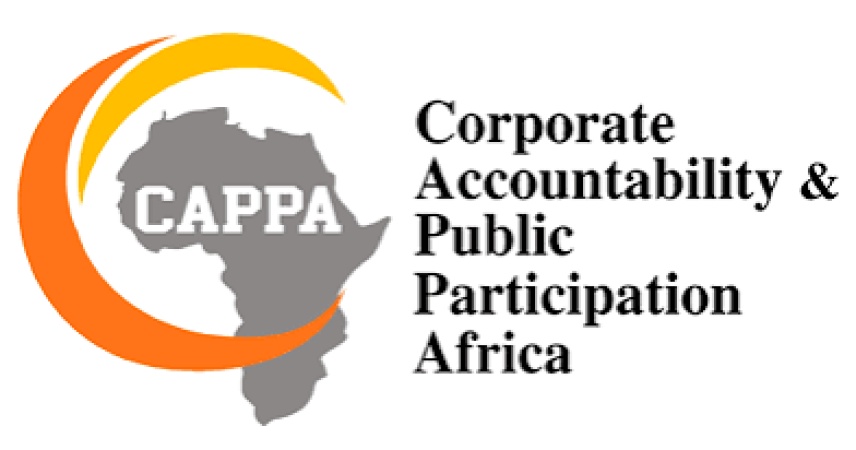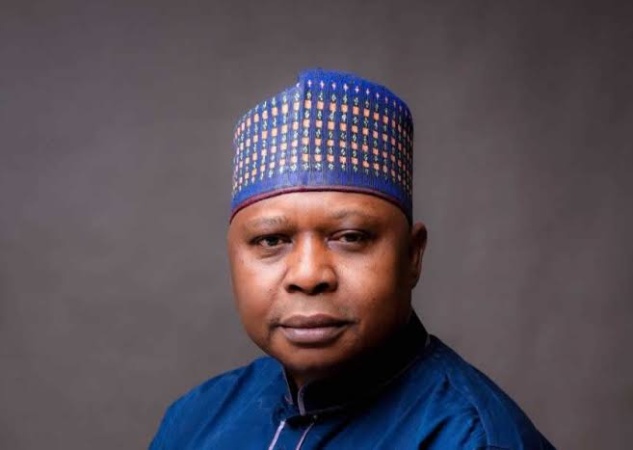

























Loading banners


NEWS EXPRESS is Nigeria’s leading online newspaper. Published by Africa’s international award-winning journalist, Mr. Isaac Umunna, NEWS EXPRESS is Nigeria’s first truly professional online daily newspaper. It is published from Lagos, Nigeria’s economic and media hub, and has a provision for occasional special print editions. Thanks to our vast network of sources and dedicated team of professional journalists and contributors spread across Nigeria and overseas, NEWS EXPRESS has become synonymous with newsbreaks and exclusive stories from around the world.

NNPCL trucks lining up for petrol loading at the Dangote Refinery Xnnpclimited
Petrol prices at about N1,100 per litre are beyond the affordability threshold of citizens whose minimum wage is N70,000, experts have said.
Mojeed Dahiru and Ayo Akinfe were guests on the Friday edition of Inside Sources with Laolu Akande, a socio-political programme aired on Channels Television.
According to them, the unprecedented hike in the prices of petrol has impoverished Nigerians, reduced productivity, and created a serious economic crisis hence the government must immediately intervene ?so that Nigerians can enjoy the benefit of being citizens of an oil-producing country?.
They said market forces should not determine petrol prices ?because energy security is a matter of national security?.
Dahiru said, ?When we talk about the affordability component, I am an apostle of subsidy. I believe that every nation must determine citizens? affordability threshold for energy prices because energy is the oxygen of the economy.
?What oxygen or air is to the living thing is what oxygen or air is to the economy. So, I do not believe that the price of energy at all times should be controlled by market forces.
?I know that the cost of importation can be very tricky because of the amorphous nature of importation itself but now that we have refineries working at home, it is easy to intervene, whether from the production side or the utilisation side. Whether we like it or not as a nation, we must still come around and have a discussion on how to intervene in the price mechanism to bring it below the affordability threshold or Nigerian citizens.
?In the UK, it is called the cost of living crisis. In Nigeria, I can assure you that what we are having is a cost of existence crisis. The government must take up this role because energy security is a matter of national security. So, the government has a responsibility to intervene in pricing.?
The newspaper columnist also said with the operationalisation of the Old Port Harcourt Refinery, the Nigerian National Petroleum Company Limited (NNPCL) should ensure that the new Port Harcourt Refinery, the Warri Refinery and the Kaduna Refinery also come on stream.
On his part, Ayo Akinfe, who is the Chairman of the Central Association in the United Kingdom, believes that nothing stops each of the federating units from operating a refinery to boost product availability.
?What we?ve had in Nigeria is that cabals have created artificial scarcity to hike prices. If you have 20 to 30 refineries, that?s full capacity and it will fall prices down.
?Ultimately, we need government policies that encourage investors to open refineries. For instance, we have 36 states. I don?t see why each state should not have at least one refinery to supply its people. That will bring prices down,? he said.
Bretton Woods institutions like the World Bank and the International Monetary Fund had advocated the removal of energy subsidies and the floating of the naira, saying failure to effect the two economic policies has plunged Nigeria into severe inflationary pressures.
After his inauguration in May 2023, President Bola Tinubu removed petrol subsidy and floated the naira. Petrol prices more than quadrupled, soaring from less than N200 per litre to over N1,100 in many parts of the country. The naira also took a nosedive, wobbling from around N700/$ to N1,600.
Food and commodity inflation have skyrocketed as Nigerians battle what can pass for the worst cost of living crisis since the country?s independence over six decades ago. (Channels TV)